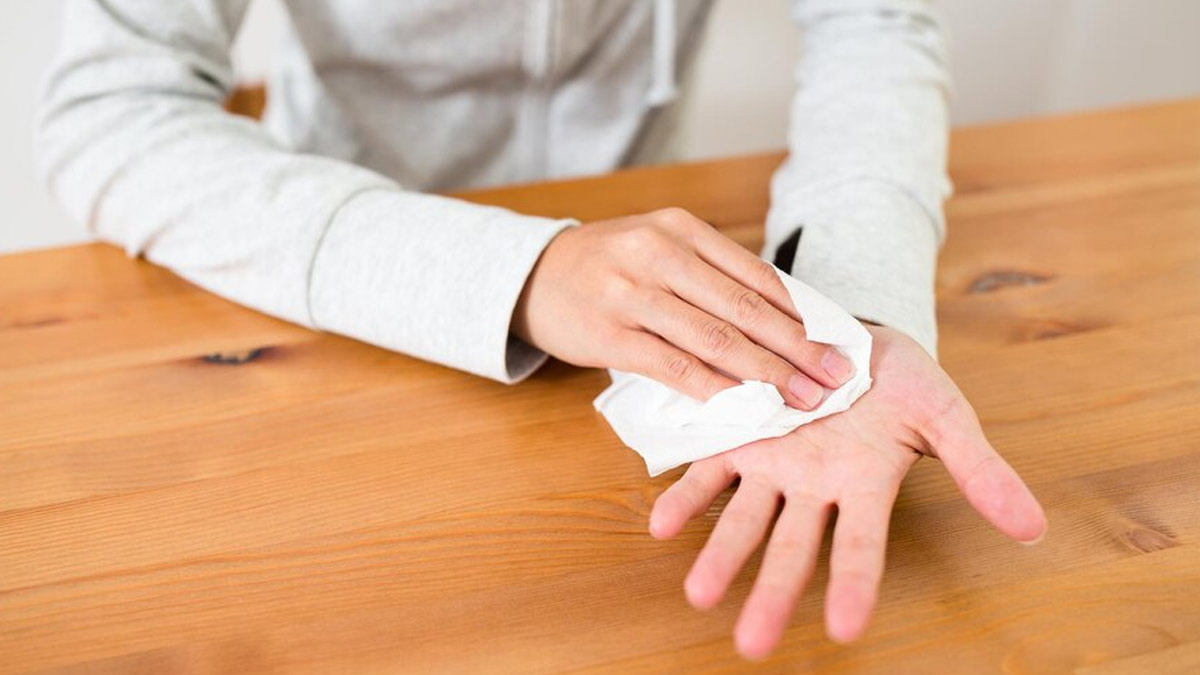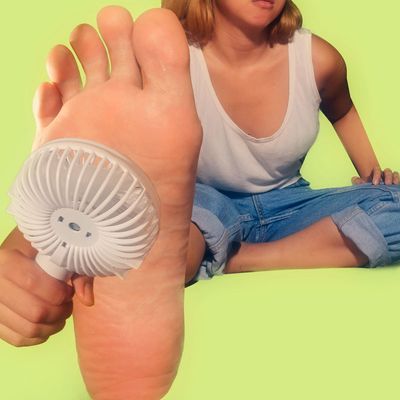Comprehensive Overview to Sweaty Hands Treatment: Proven Dermatology Approaches
Comprehensive Overview to Sweaty Hands Treatment: Proven Dermatology Approaches
Blog Article
Comprehending the Origin of Excessive Sweating and Its Influence on Life
Too much sweating, also known as hyperhidrosis, is a problem that impacts a substantial portion of the population, yet its hidden reasons and effects on daily working remain somewhat enigmatic. While it is generally understood as a physiological action to manage body temperature level, the triggers for excessive sweating can vary commonly amongst people, incorporating not only physical factors however emotional and also emotional elements. The effect of this condition prolongs beyond mere discomfort, frequently influencing social interactions and overall quality of life. By delving right into the origin creates of hyperhidrosis and discovering its complex impacts, a much deeper understanding of this pervasive issue can be acquired, shedding light on the complexities that people facing too much sweating browse every day.
Physiology of Sweat Glands
The guideline of sweat production, an essential physiological procedure, is primarily regulated by the activity of sweat glands distributed throughout the human body. Sweat glands are categorized into 2 main types: eccrine and apocrine glands.
When the body temperature level rises, either because of exercise, high temperatures, or psychological stress, the anxious system causes the sweat glands to create sweat. This sweat is made up primarily of water and electrolytes like sodium and chloride. The procedure of sweat manufacturing is important for preserving the body's inner temperature within a narrow, ideal array, highlighting the critical role sweat glands play in human physiology.
Triggers for Excessive Sweating
In understanding the root creates of extreme sweating, it is vital to determine the triggers that can lead to this physiological response. Physical physical effort, high temperature levels, and spicy foods are likewise known to cause extreme sweating in individuals prone to this problem.
Furthermore, medicines such as some antidepressants, opioids, and certain supplements can additionally serve as triggers for hyperhidrosis. Understanding these triggers is crucial in handling excessive sweating successfully - Treatment for hyperhydrosis of hands and feet. By determining and dealing with the specific triggers that trigger excessive sweating in a private, healthcare providers can establish personalized therapy strategies to minimize this problem and improve the person's quality of life
Medical Issue Associated
Connected with extreme sweating are numerous medical conditions that can exacerbate this physiological feedback. One common condition is hyperhidrosis, a problem characterized by unusually raised sweating that exceeds the body's thermoregulatory requirements. This can show up in focal areas like the palms, soles, underarms, or face, affecting an individual's quality of life as a result of social humiliation and discomfort.
Moreover, endocrine disorders such as hyperthyroidism, diabetes mellitus, and menopausal hot flashes can also result in extreme sweating. Hyperthyroidism triggers an overproduction of thyroid hormones, speeding up metabolic process and setting off sweating. Diabetic issues can cause sweating episodes, especially during hypoglycemic episodes when blood glucose levels drop also reduced. Menopausal warm flashes, credited to hormone changes during menopause, can cause sudden and intense sweating, commonly gone along with by flushing and heart palpitations.
Furthermore, infections like endocarditis, consumption, and hiv have been linked with evening sweats, a common signs and symptom understood to interrupt rest and influence general well-being. These clinical conditions highlight the varied series of underlying elements that can add to extreme sweating, necessitating thorough examination and management by medical care experts.
Psychological and psychological Elements

Effect on Social Interactions
Extreme sweating can have profound impacts on a person's capability to involve conveniently in social communications. The visible indications of sweat stains or wet spots on clothes can bring about embarrassment and self-consciousness, creating individuals to withdraw from social scenarios. This withdrawal can impact connections, restriction social activities, and impede individual and expert growth.

Additionally, the anxiousness and self-worth issues coming from extreme sweating can influence interaction and interpersonal skills. Individuals might battle to concentrate on conversations, take part in team tasks, or this share themselves confidently. This can lead to feelings of isolation and solitude, as social connections end up being testing to preserve.
Verdict

While it is commonly understood as a physiological feedback to manage body temperature level, the triggers for extreme sweating can vary widely amongst people, including not only physical elements but psychological and also psychological aspects. By delving right into the origin causes of hyperhidrosis and discovering its complex impacts, a deeper understanding of this prevalent problem can be acquired, shedding light on the intricacies that individuals grappling with excessive sweating browse on an everyday basis.
Physical exertion, high temperature levels, and spicy foods are likewise known to cause extreme sweating in individuals susceptible to this condition. By recognizing and attending to the particular triggers that motivate extreme sweating in an individual, medical care suppliers can develop tailored treatment strategies to minimize this problem and improve the person's quality of life.
Excessive sweating can have extensive results on a person's ability to involve pleasantly in social communications.
Report this page